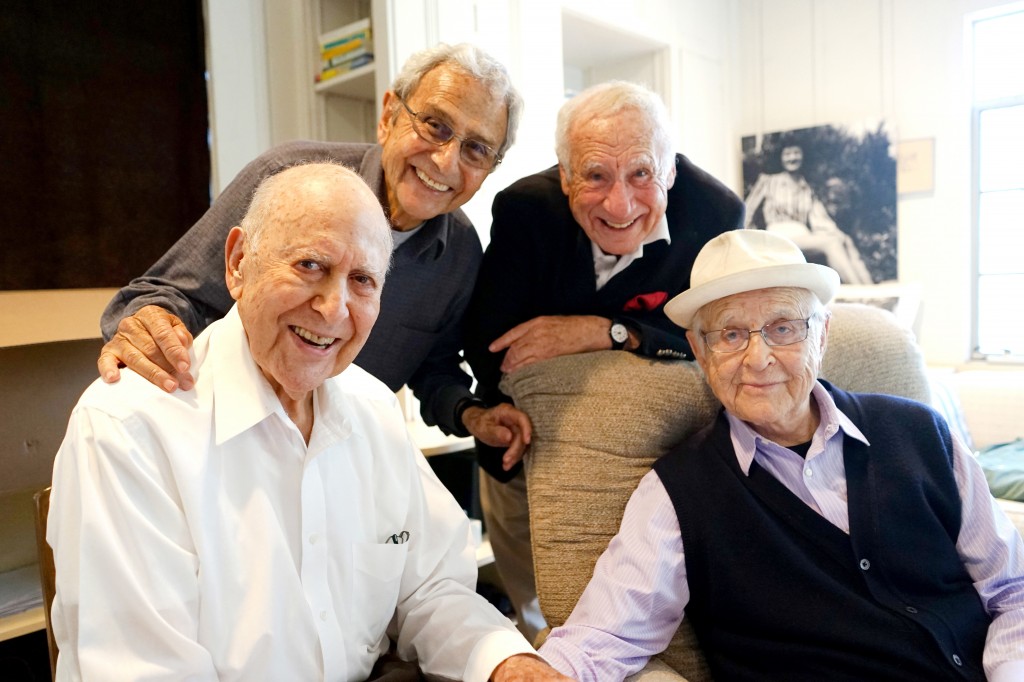
Popular media and culture celebrate youth. Soft news stories show us how to feel young and look young in 73 easy steps. Rates of cosmetic surgery increase each year. If 60 is the new 40 and 50 is the new 30, then 41 must be the new minimum drinking age. Time to get your new fake IDs, folks.
Of course, none of these ideas focus on actually staying young because reality and science fiction haven’t caught up to each other or the naked mole rat — yet.
But, a fascination exists when octogenarians, nonagenarians, and centenarians do, well, anything: dancing, running, writing, sky diving… Betty White continues acting in her 90s, starring most recently in Hot in Cleveland. Supreme Court Justice Ruth Bader Ginsburg has developed a reputation for being a “badass” in her 80s as she continues to write strongly worded dissents and inspire jabot-ed Halloween costumes. And as Norman Lear complains in HBO’s new documentary If You’re Not in the Obit, Eat Breakfast, people shouldn’t be surprised he can still touch his toes at age 93.
Directed by Danny Gold, If You’re Not in the Obit, Eat Breakfast is a life-affirming and witty documentary that provides an elegant and positive way to think about aging with vitality. With the help of his nephew George Shapiro, Carl Reiner, 95, is our host in examining how people in their 90s not only live, but also thrive.

The portraits and interviews also offer a who’s who in entertainment: Mel Brooks, Dick Van Dyke, Tony Bennett, Kirk Douglas, Stan Lee, Irving Fields, Betty White, Patricia Morison, and Harriett Thompson. All of them continue to engage life. Carl Reiner and Betty White write books. Tony Bennett still sings, and Irving Fields still writes songs and plays piano at a hotel. Harriett Thompson runs marathons.
Dan Buettner serves as the longevity expert in this documentary. He cites five keys to vitality:
- Physical fitness
- Cognitive awareness
- Life informed by passion and values
- Contribution
- Ongoing achievement
Reiner adds a sixth item to that list: A sense of humor. Along with all the stories, so many of them have jokes. So many jokes. Fyvush Finkel, 92, cracks, “Half of my life is gone already.” In a conversation with Betty White, Reiner says, “You don’t lose your interest in sex but you lose your power.” Even the title comes from a joke by Reiner, though it is thrown on its ear when Reiner sees an older picture of himself in the obit for Polly Bergen.
Rounding out this gentle documentary are a bouncy jazz soundtrack and animated bits from “The 2000 Year Old Man” sketch done by Reiner and Brooks in the 1960s.
Aging terrifies many of us, but it shouldn’t. While this documentary won’t undo the deeply held ideas about growing old, its light-hearted approach does offer a better way to think it.